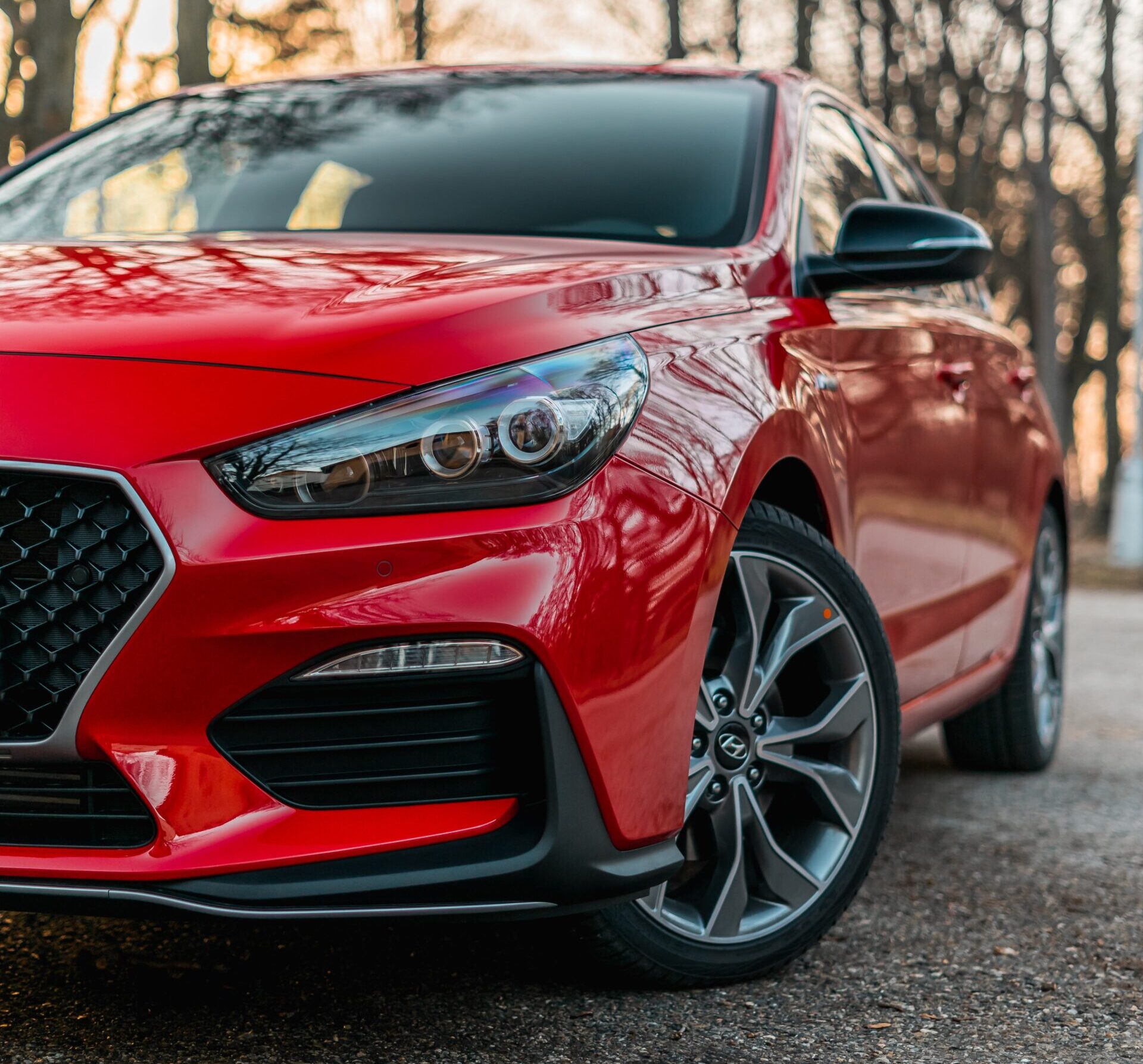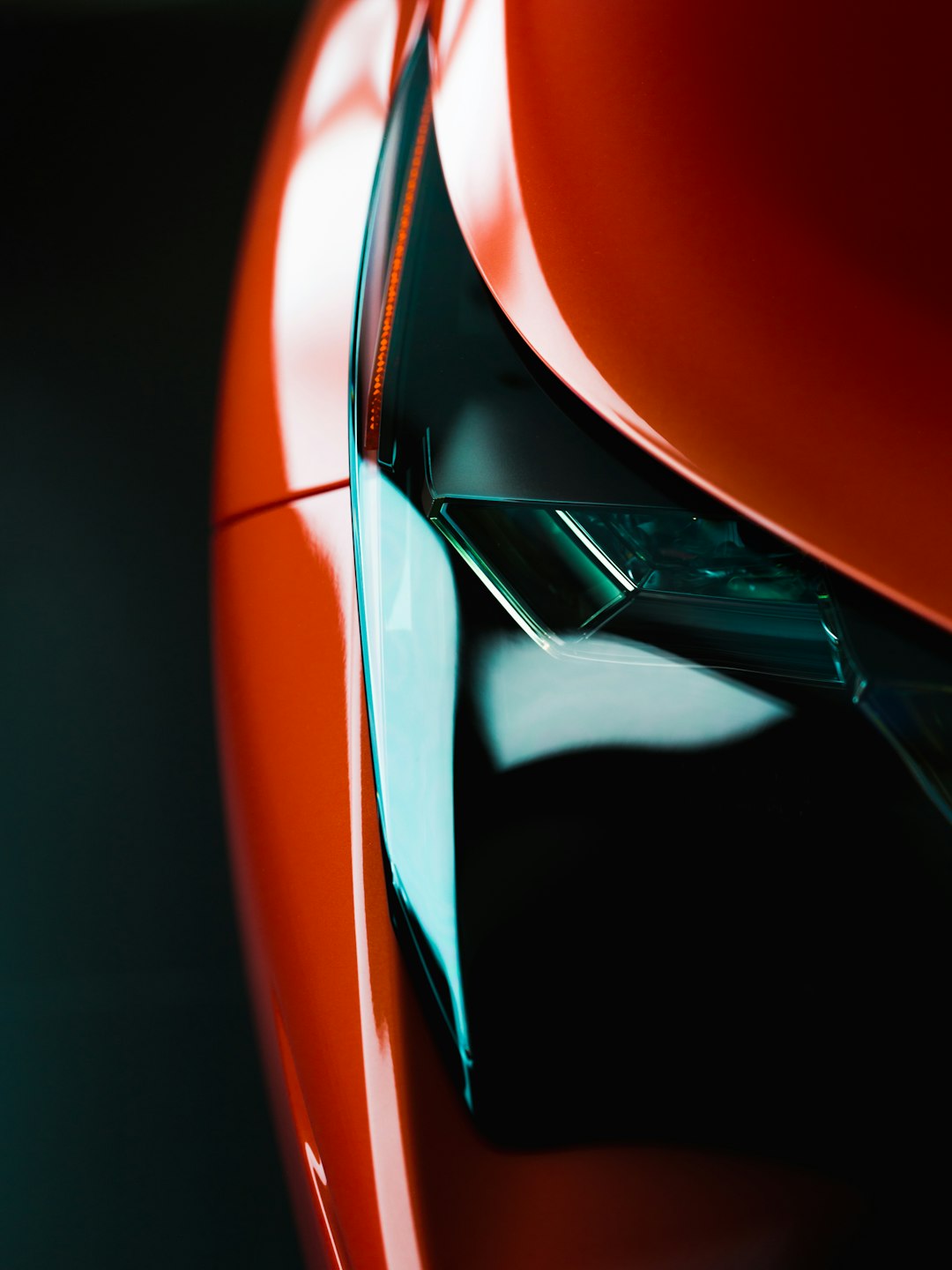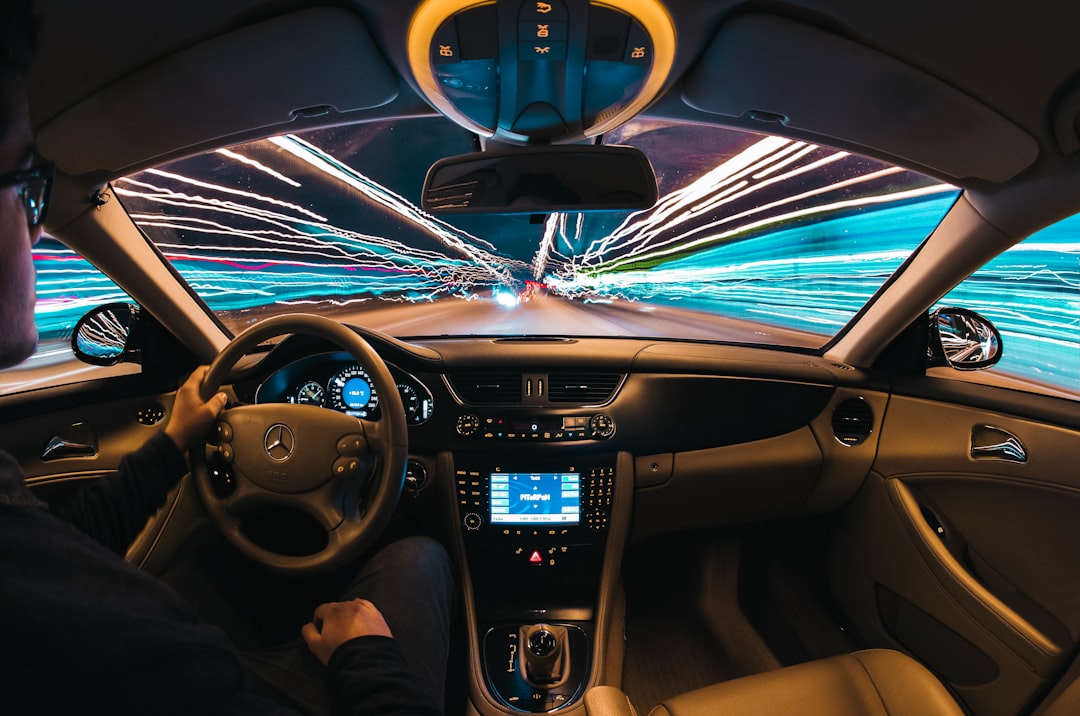Support our educational content for free when you purchase through links on our site. Learn more
Is Lease the Most Expensive Way to Own a Car? [2023]
Are you considering leasing a car but worried about the cost? Many people wonder if leasing is the most expensive way to own a car. In this article, we will explore the pros and cons of leasing compared to buying a car outright. We’ll provide expert advice and answer all your burning questions about car leases. So, let’s dive in and find out if leasing is really the most expensive option!
Table of Contents
- Quick Answer
- Quick Tips and Facts
- Background
- 1. Leasing vs. Buying: Key Differences
- 2. Is Leasing the Most Expensive Way to Buy a Car?
- 3. Factors to Consider
- 4. Exceptions to the Rule
- 5. Do Auto Leases Charge Interest?
- 6. Do I Need a Good Credit Score to Lease a Car?
- 7. How Long Is a Typical Lease?
- FAQ
- Conclusion
- Recommended Links
- Reference Links
Quick Answer
Leasing a car is not necessarily the most expensive way to own a car. While leasing may have higher monthly payments compared to buying, it offers several advantages that can make it a more affordable option for some individuals. Leasing allows you to drive a newer car with lower upfront costs and potentially lower maintenance expenses. However, it’s important to consider your personal circumstances and preferences before deciding whether to lease or buy a car.
CHECK PRICE on: Car Leases™ | TrueCar | Edmunds | Auto Trader | Car Manufacturer Official Website
Quick Tips and Facts
- Leasing a car can provide lower monthly payments compared to buying, but you don’t own the car at the end of the lease term.
- Buying a car allows you to build equity and have the freedom to customize or sell the car whenever you want.
- Leasing is a good option if you prefer driving a new car every few years and want to avoid the hassle of selling or trading in a used car.
- The cost of leasing depends on factors such as the car’s depreciation, lease term, mileage allowance, and interest rate.
- Leasing may require a higher credit score compared to buying a car with a loan.
- It’s important to carefully read and understand the terms of a lease agreement before signing.
Background
Before we delve into the details, let’s take a quick look at the history of car leasing. Car leasing has been around for decades and was initially popularized by luxury car manufacturers as a way to make their vehicles more accessible to a wider range of customers. Over time, leasing has become a common practice in the automotive industry, with both individuals and businesses opting for lease agreements.
1. Leasing vs. Buying: Key Differences
When comparing leasing and buying a car, there are several key differences to consider. Let’s take a closer look at these differences:
| Leasing | Buying |
|---|---|
| Lower monthly payments | Higher monthly payments |
| No ownership at the end of the lease term | Ownership of the car |
| Limited mileage allowance | No mileage restrictions |
| Potential additional fees for excess wear and tear | No additional fees for wear and tear |
| Limited customization options | Freedom to customize the car |
| No trade-in or resale value | Trade-in or resale value |
2. Is Leasing the Most Expensive Way to Buy a Car?
Leasing a car is not necessarily the most expensive way to buy a car. While leasing may have higher monthly payments compared to buying, it offers several advantages that can make it a more affordable option for some individuals. Here are some factors to consider:
Lower Monthly Payments
One of the main advantages of leasing is that it often comes with lower monthly payments compared to buying a car. This is because lease payments are based on the car’s depreciation during the lease term, rather than the full purchase price of the car. As a result, you may be able to drive a more expensive car for the same monthly payment as buying a less expensive car.
Lower Upfront Costs
Leasing typically requires a lower upfront cost compared to buying a car. While buying a car often requires a down payment, leasing may only require a small amount due at signing. This can make leasing a more affordable option, especially if you don’t have a large sum of money to put towards a down payment.
Lower Maintenance Expenses
Leasing a car can also potentially save you money on maintenance expenses. Most lease agreements cover the car under warranty for the duration of the lease term, which means you won’t have to worry about costly repairs. Additionally, since you’ll be driving a newer car, it’s less likely to encounter major mechanical issues.
Avoiding Depreciation
One of the biggest advantages of leasing is that you can avoid the depreciation that comes with owning a car. Cars typically lose value over time, and this depreciation can be significant in the first few years of ownership. By leasing, you’re essentially renting the car for the period of its highest depreciation, which can save you money in the long run.
While leasing can offer financial advantages, it’s important to consider your personal circumstances and preferences. If you prefer owning a car and having the freedom to customize or sell it whenever you want, buying may be the better option for you.
3. Factors to Consider
When deciding between leasing and buying a car, there are several factors to consider. Here are some important ones:
Long-Term vs. Short-Term Ownership
Leasing is a short-term commitment, typically ranging from 24 to 36 months. At the end of the lease term, you return the car to the leasing company. If you enjoy driving a new car every few years and don’t want to deal with the hassle of selling or trading in a used car, leasing may be a good option for you.
On the other hand, buying a car allows you to own it for as long as you want. If you prefer long-term ownership and the ability to customize or sell the car whenever you want, buying may be the better choice.
Mileage Allowance
Lease agreements often come with a mileage allowance, which limits the number of miles you can drive during the lease term without incurring additional fees. If you have a long commute or frequently take road trips, you may exceed the mileage allowance and face extra charges. Buying a car gives you the freedom to drive as much as you want without worrying about mileage restrictions.
Credit Score
Credit scores play a significant role in lease agreements. To qualify for a lease, you typically need a good credit score, with a minimum score of around 700. If your credit score is lower, you may face higher interest rates or be denied a lease altogether. Buying a car with a loan may be more accessible for individuals with lower credit scores.
Resale Value
When you buy a car, you have the potential to build equity and benefit from its resale value. If you take good care of the car and it retains its value, you can sell it or trade it in for a new car in the future. Leasing, on the other hand, does not provide any equity or resale value since you don’t own the car.
4. Exceptions to the Rule
While buying a car and keeping it for a number of years tends to be more economical in the long run, there are exceptions to this rule. Leasing can make high-end vehicles more affordable, allowing you to drive a luxury car for a lower monthly payment compared to buying. If driving a new luxury car is important to you, leasing may be a more attractive option.
5. Do Auto Leases Charge Interest?
Auto leases do charge interest, but it is not expressed as an interest rate like a traditional loan. Instead, leases use a money factor, which is a decimal number that represents the interest rate. The money factor is used to calculate the finance charge, which is included in the monthly lease payment.
When comparing lease offers, it’s important to pay attention to the money factor and understand how it affects the overall cost of the lease. A lower money factor will result in lower finance charges and potentially lower monthly payments.
6. Do I Need a Good Credit Score to Lease a Car?
Having a good credit score is generally recommended when leasing a car. Lease agreements are often offered to individuals with good credit scores, as it indicates a lower risk for the leasing company. A credit score of around 700 or higher is typically required to qualify for a lease.
If your credit score is lower, you may still be able to lease a car, but you may face higher interest rates or be required to provide a larger down payment. It’s important to check your credit score and understand how it may impact your leasing options.
7. How Long Is a Typical Lease?
Most car leases have a duration of 24 to 36 months. However, lease terms can vary depending on the leasing company and the specific car model. Shorter lease terms may result in higher monthly payments but allow you to upgrade to a new car sooner. Longer lease terms may have lower monthly payments but require you to keep the car for a longer period.
When considering a lease, it’s important to choose a lease term that aligns with your preferences and financial situation. Think about how long you want to keep the car and how often you’d like to upgrade to a newer model.
FAQ
Is leasing the most expensive way to buy a car?
No, leasing is not necessarily the most expensive way to buy a car. While leasing may have higher monthly payments compared to buying, it offers several advantages that can make it a more affordable option for some individuals. Leasing allows you to drive a newer car with lower upfront costs and potentially lower maintenance expenses.
Read more about “How much is a lease on a $45,000 car? …”
Is it smarter financially to lease or buy a car?
The answer to this question depends on your personal circumstances and preferences. Leasing can be a smart financial choice if you prefer driving a new car every few years, want lower monthly payments, and don’t want to deal with the hassle of selling or trading in a used car. Buying a car can be a smarter financial choice if you prefer long-term ownership, want the freedom to customize or sell the car, and are willing to take on higher upfront costs and potential maintenance expenses.
Read more about “… Is it a Good Idea to Lease a Car? Pros and Cons Uncovered”
Is leasing a car ever cheaper than buying?
Leasing a car can be cheaper than buying in certain situations. If you want to drive a more expensive car for a lower monthly payment, leasing may be a more affordable option. Additionally, leasing can save you money on maintenance expenses since most lease agreements cover the car under warranty for the duration of the lease term. However, it’s important to consider your personal circumstances and preferences before deciding whether leasing or buying is cheaper for you.
Do rich people use leases instead of buying cars?
Leasing is not exclusive to any particular income bracket. Both individuals with high incomes and those with more modest incomes can choose to lease a car. Leasing can be an attractive option for individuals who want to drive a new car every few years without the commitment of long-term ownership. However, it’s important to consider your financial situation and preferences before deciding whether leasing is the right choice for you.
Conclusion
In conclusion, leasing a car is not necessarily the most expensive way to own a car. While leasing may have higher monthly payments compared to buying, it offers several advantages that can make it a more affordable option for some individuals. Leasing allows you to drive a newer car with lower upfront costs and potentially lower maintenance expenses. However, it’s important to consider your personal circumstances and preferences before deciding whether to lease or buy a car.
If you prefer driving a new car every few years, want lower monthly payments, and don’t want to deal with the hassle of selling or trading in a used car, leasing may be a good option for you. On the other hand, if you prefer long-term ownership, want the freedom to customize or sell the car, and are willing to take on higher upfront costs and potential maintenance expenses, buying a car may be the better choice.
Recommended Links:
- Latest Car Lease Deals
- Car Lease Basics
- Best Lease Terms
- Credit Score and Car Leasing
- How much is a lease on a $45,000 car? 2023
Reference Links:



